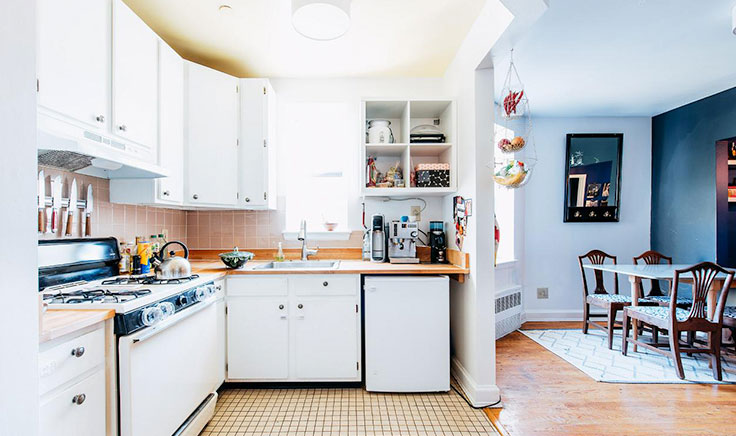Below Market Rate Co-Ops

Below Market Rate Co-Ops
Should I buy an HDFC Co-op?
So you’ve started your search for a co-op and you come across a listing that seems almost too good to be true: it’s in a prime neighborhood, there are two real bedrooms and two real bathrooms, and it’s selling for well under $500,000. While you may be pinching over the price tag, rest assured that it’s not a typo. However, take note that it’s probably also not a run-of-the-mill apartment, but rather, an HDFC (Housing Development Fund Corporation) unit. While there are no hidden catches, there are several things you need to consider before purchasing one.
What is an HDFC Co-op?
HDFC units were created several decades ago as a way for tenants in poorly managed buildings to take control of the property and form cooperatives. The city sold these apartments to residents for a mere $250 a piece. Obviously they no longer trade for that price, but they do often sell for far less than what a comparable market rate unit in the same neighborhood would.
Because HDFC units are co-ops, tenants are subject to rules and regulations set forth by a building's bylaws and board. However, unlike high-profile co-ops such as the Dakota or Osborne, HDFC Co-ops are mostly concerned about keeping maintenance costs down over making costly upgrades. As a result, buyers over time will have more cash in hand to make renovations and updates inside their own apartments, which many do require.
Do I qualify for an HDFC Co-op?
HDFCs are geared towards people living on low to middle incomes. As such, buyers must meet strict income caps that are usually tied either to the area median income (AMI), or a formula based on the apartment's utilities and maintenance fees.
Ironically, while HDFCs are meant for lower income buyers, units will require that would-be buyers to put down at least 20 percent. Some even ask for an all-cash payment. This essentially means that prospective tenants will need to be asset rich but income poor.
What are the benefits of living in an HDFC Co-op?
Because these units are often priced so low, mortgage payments on a unit should be much less than the rent paid on a similar unit. And as we mentioned previously, HDFCs actively strive to keep monthly maintenance fees low, with dues usually ranging from $300 to $650.
Is this an investment property I can make money on?
In short: No. HDFCs are most definitely not for those looking to make a quick flip, or for serial movers. Restrictions on these units have been set up to first benefit the co-op board then the seller. Typically, 30 percent of a seller's profits are given to the co-op at the time of the sale. In some buildings, however, the flip tax can be as high as 50 percent—particularly if you've only stayed a few years. Selling can also be very difficult given the stringent income requirements placed on applicants. HDFC Co-ops are frequently looking for qualifying buyers who can offer a large down payment or go into a cash-only deal.
Many HDFCs also suffer from poor management and neglected maintenance despite operating like a typical co-op. Before buying in, you should research the building's financial history and check for any reported safety or maintenance violations on record with 311.

 6sqft delivers the latest on real estate, architecture, and design, straight from New York City.
6sqft delivers the latest on real estate, architecture, and design, straight from New York City.
